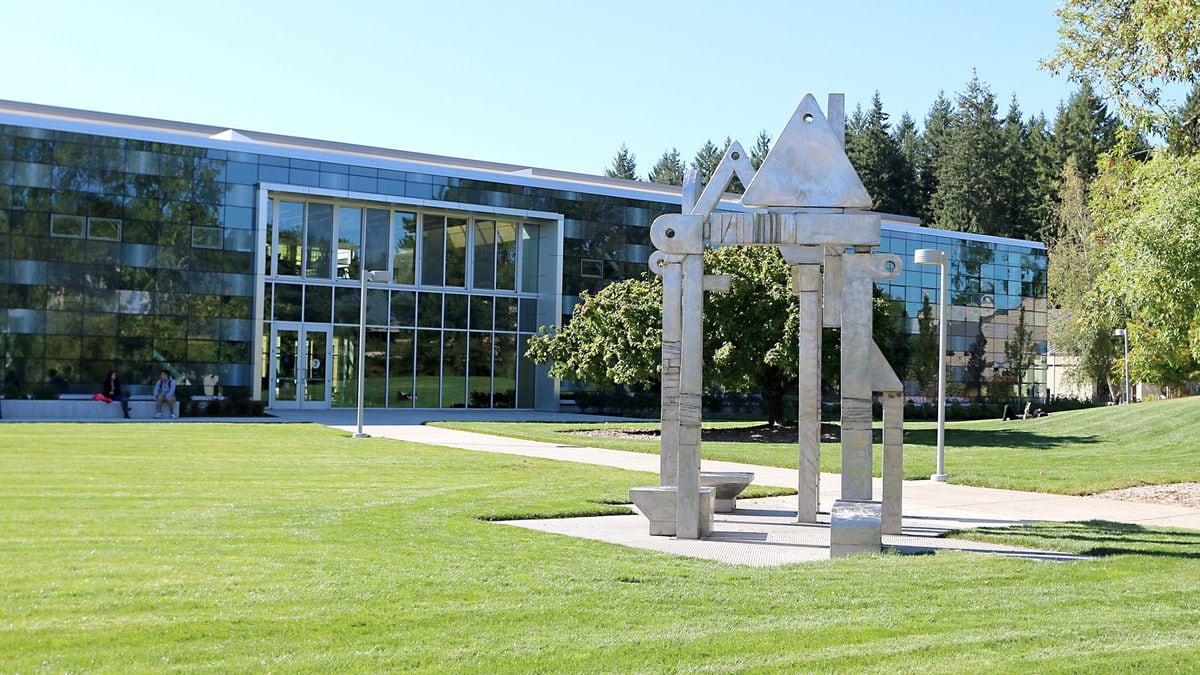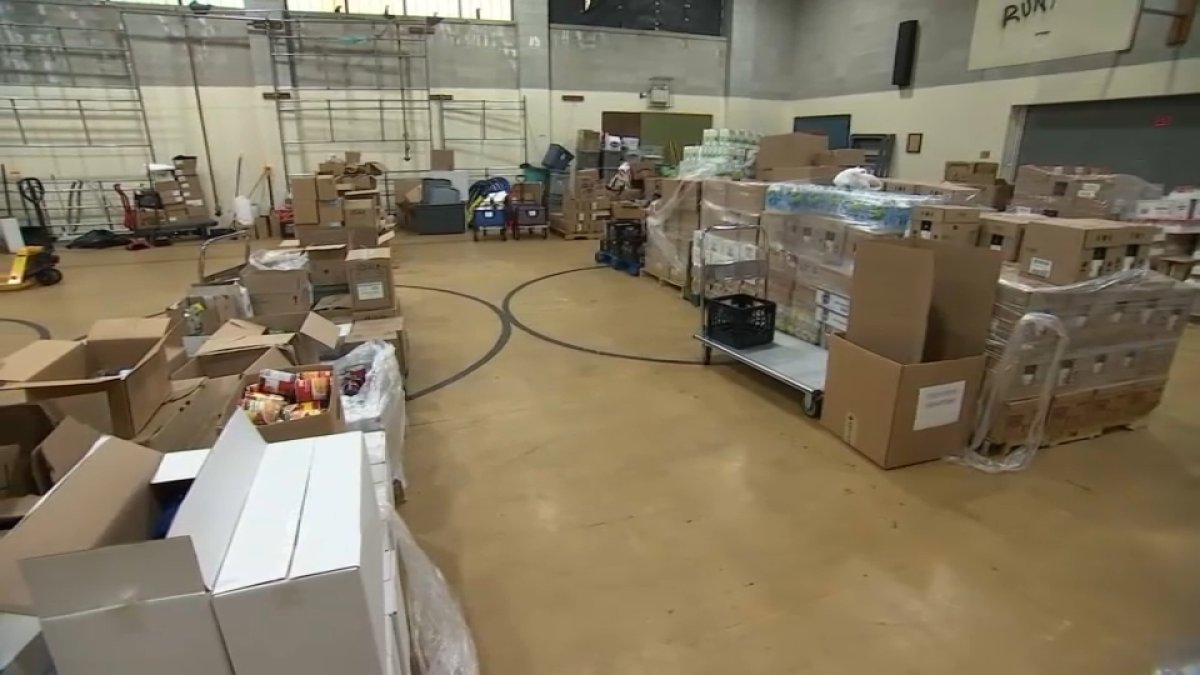
PHILADELPHIA — New pants to swap Alex Morisey’s tattered khakis will have to hold out. There is no money remaining for sugar-absolutely free cookies both. Even at the month’s begin, the funds is so bare that Fixodent is a luxury. Now, midway by it, issues are so limited that even a Food plan Pepsi is a stretch.
“How numerous years do I have remaining?” asks 82-12 months-old Morisey, who life in a Philadelphia nursing house. “I want to dwell those as well as I can. But to some degree, you eliminate your dignity.”
Throughout the U.S., hundreds of hundreds of nursing home residents are locked in a wretched bind: Pushed into poverty, compelled to hand above all income and still left to are living on a stipend as reduced as $30 a thirty day period.
In a prolonged-term treatment method that topics some of society’s frailest to every day indignities, Medicaid’s private desires allowance, as the stipend is known as, is amid the most ubiquitous, but least known.
Practically two-thirds of American nursing home citizens have their treatment paid for by Medicaid and, in exchange, all Social Stability, pension and other earnings they would acquire is in its place rerouted to go toward their invoice. The personal demands allowance is meant to shell out for anything not presented by the home, from a cellular phone to dresses and shoes to a birthday present for a grandchild.
One challenge: Congress has not raised the allowance in many years.
“It’s definitely just one of the most humiliating factors for them,” claims Sam Brooks, an attorney for The Nationwide Consumer Voice for Quality Extensive-Phrase Care, which advocates for nursing residence residents and has urged an improve in the allowance. “It can definitely be a point of shame.”
In particular when an person has no shut relatives or no a single ready to financially assist, the allowance can breed hanging require. When Marla Carter visits her mom-in-regulation at a nursing household in Owensboro, Kentucky, the scene feels a lot more 19th-century poorhouse than contemporary-day The usa. With just a $40 allowance, inhabitants are dressed in unwell-fitting hand-me-downs or medical center robes that drape open up. Some have no socks or sneakers. Basic provides run low. Many don’t even have a pen to generate with.
“That’s what was so stunning to us,” Carter says, “the poverty.”
She was so horrified that she and her spouse started off a nonprofit, Devoted Mates Kentucky, to distribute products to region nursing house citizens. Between the points most warmly obtained are Kleenex tissues, because amenities usually stock scratchy generics and even people can be tough to occur by.
“You bring a soda or a toothbrush and they’ll get so fired up,” she says. “It’s so unfortunate to me.”
Medicaid was produced in 1965 as element of the Excellent Culture programs of Lyndon B. Johnson. A 1972 amendment set up the individual wants allowance, established at a minimum amount of $25 month-to-month. Contrary to other gains like Social Safety, value-of-dwelling will increase had been not constructed into personalized wants allowance principles.
Experienced it been connected to inflation, it would be about $180 nowadays. But Congress has elevated the minimum charge only when, to $30, in 1987. It has remained there at any time given that.
Some politicians have experimented with to take care of the trouble, such as Rep. Jennifer Wexton, a Democrat from Virginia who in 2019 introduced a invoice to elevate the least allowance to $60 and cement yearly boosts tied to individuals for Social Security. It didn’t even get a listening to.
“I was shocked,” Wexton suggests. “It’s about dignity for these persons.”
Medicaid is jointly administered between individual states and the federal governing administration and, confronted with federal inaction, states have taken it upon on their own to elevate allowances. Even so, most continue to be low. A the vast majority of states – 28 – have allowances of $50 or a lot less, in accordance to a state-by-point out study by the American Council on Aging. Just five states grant inhabitants $100 or much more just about every thirty day period, including Alaska, which stands by itself in supplying $200 monthly, the most beneath federal legislation. 4 states – Alabama, Illinois, North Carolina and South Carolina – continue being at the $30 minimum amount.
In spite of these kinds of paltry allotments, some amenities have been cited for not telling residents they were being entitled to an allowance at all, for failing to present the funds, or for investing the resources without their authorization. And even though federal polices define a host of merchandise that are to be presented to nursing home people, numerous find by themselves not able to use the low cost items amenities offer you, expending their allowance on replacements for institutional-quality soap that would make them dry and itchy, tissues that experience like some thing out of a bus terminal toilet, razors that go away a facial area nicked and bleeding and denture adhesives that appear to be incapable of retaining untrue tooth in spot.
Some households skirt the principles, producing citizens pay out for factors like diapers or haircuts that are supposed to be incorporated.
“As soon as I get it, it’s gone,” states Chris Hackney, a 74-12 months-old resident of a nursing property in Durham, North Carolina, who spends his $30 regular allowance on human body clean, toothpaste, deodorant and some goods his facility used to offer but has minimize again on, wipes and diapers. “Think of the prices of almost everything that tripled and quadrupled. And the income has not absent up any.”
Hackney, a retired appliance technician who has utilized a wheelchair because a bike incident 9 a long time ago, has a daughter who pays his cell phone and a church that sends care offers. But even a modest boost to the allowance, Hackney says, would suggest a ton.
“It would adjust so several lives in right here,” he suggests.
Down the corridor, 56-12 months-old Janine Cox gets an occasional bag of chips from the vending machine and scrimps to add to the assortment plate at church. She claims her neighbors are even worse off.
“It’s like a struggle for them to survive an additional working day,” she claims. “The politicians, they have to have to occur inside these nursing houses and seem and see how some of us are living.”
It leaves quite a few feeling trapped with no opportunity of normalcy.
In advance of a slide that landed her at a nursing property in Toluca, Illinois, 62-12 months-aged Nancy Yundt felt like lifestyle was fairly relaxed. Her residence was compact and needed get the job done, but it was residence. Her SUV was 18 decades previous with 160,000 miles on the odometer, but she loved it. Her $2,373 month to month disability check out still left place for a housekeeper and consider-out meals and a great deal of generosity.
She paid out her son’s cellphone and insurance plan expenditures, bought Christmas presents for all people and doted on her family’s tiny kinds year-spherical.
But when her grandniece’s 2nd birthday arrived a several months just after she arrived in the nursing house past year, she required to acquire a doll but realized she could not.
“The spoiling aunt just can’t spoil,” she says. “It just will make me sense a minor sad.”
Nursing residence citizens normally must cede handle of everything from how normally they get a shower to what they take in. With no financial wiggle room, even more autonomy evaporates, placing out of access the opportunity to choose a taxi to see a close friend, to get shed in a newly procured ebook, or to escape the monotony of the cafeteria with some take-out food.
Even soon after two yrs of institutionalized existence, it is a confounding fact for Morisey.
He ended up in a nursing residence just after a fall and, at the time listed here, uncovered his income would no lengthier be his. Pennsylvania’s allowance is $45, and after a every month $20 haircut and $5 idea, a juggling act begins.
Can his razors last a bit extended to put off refills? Can he squeeze a little bit much more out of the Fixodent tube? Has he minimize corners ample to get some aftershave or peanut butter crackers?
“It’s the small items,” he claims. “You really don’t feel about these factors till you no for a longer period have them.”
When a little something pricier wants replacing, it is even far more of a quandary, like when shirts went lacking in the laundry or the top broke on his thermos or his minor Bluetooth speaker no extended held a demand.
His meager discounts are almost gone now. If not for help from his church, he would not even be equipped to manage a telephone.
Dwelling simply just is at the heart of Morisey’s Quaker religion and he decided immediately after faculty, Ivy League diploma in hand, that he would not use it to chase prosperity. He took employment in nonprofits, putting his skills to the assist of farmworkers, general public housing tenants and the mentally unwell, and as an assist worker in Central and South The usa. He has expended each individual of his 82 several years squarely in the middle class.
Hunting back, Morisey would not adjust how he lived his lifetime. But it doesn’t feel as well considerably, he says, to talk to for a soda. ___
Matt Sedensky can be attained at [email protected] and https://twitter.com/sedensky






